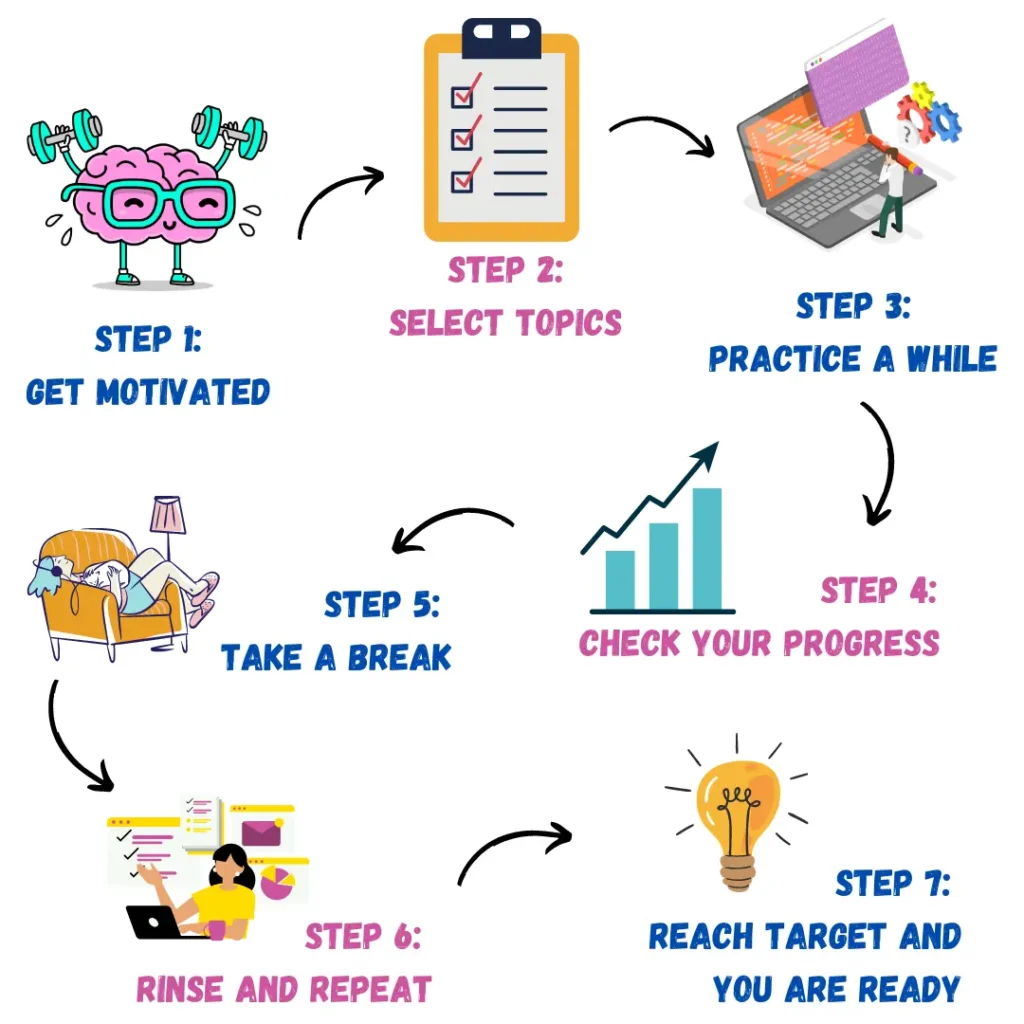Mastering aptitude skills isn’t just a checkbox for engineering students—it’s a career game-changer. Whether you're prepping for placements, pursuing higher studies, or eyeing government roles, aptitude tests are the gateway. Let’s break it down:
1. The Backbone of Campus Placements
Aptitude tests are often the first hurdle in campus placements, with 70% of companies using them to shortlist candidates. These tests evaluate problem-solving, numerical reasoning, and logical thinking, making a good score essential for standing out.
Even if you’re exploring off-campus roles later, aptitude tests remain a key part of the hiring process. Companies value these assessments for quickly gauging candidates' capabilities, especially in early career roles.
2. Your Ticket to Higher Education
Dreaming of an MBA, MS, or M.Tech? Competitive exams like CAT, GRE, and GATE heavily test your aptitude skills. Early preparation during college gives you a solid foundation, so you’re ready when admissions season rolls around.
For example, CAT’s sections on quantitative and logical reasoning require extensive practice. A great way to start is by reviewing tailored resources like LearnTheta’s CAT Quantitative Aptitude Guide to get your basics right.
3. Cracking Government and PSU Exams
If public sector jobs are on your radar, a strong grasp of aptitude is non-negotiable. Exams for banking, civil services, and PSU roles rely on aptitude to filter candidates. Starting early ensures you can handle the competitive nature of these tests with confidence.
4. Easier Career Transitions
Many engineers take jobs after graduation and later decide to pursue higher studies like MBA programs. Balancing a job with aptitude preparation is tough—but if you’ve already built a foundation in college, it’s a breeze to revisit these skills when the time comes.
5. Build Career-Ready Skills
Preparing for aptitude tests equips you with transferable skills:
- Problem-Solving: Approach challenges logically and efficiently.
- Structured Thinking: Break down complex problems into actionable steps.
- Data Interpretation: Develop a data-driven mindset for decision-making.
- Communication: Enhance verbal reasoning for better workplace communication.
6. Adaptability in Your Career
Aptitude skills give you the flexibility to explore diverse career paths, from technical roles to management positions. They prepare you to tackle transitions with confidence and adapt to new challenges.
Final Thoughts
For engineering students, building aptitude skills early on is a no-brainer. It’s not just about acing tests—it’s about shaping your career. Whether you’re aiming for placements, higher education, or government roles, a strong aptitude foundation unlocks opportunities.
You can start your preparation by understanding the syllabus here: LearnTheta’s Company-Wise Aptitude Syllabus.





Comments